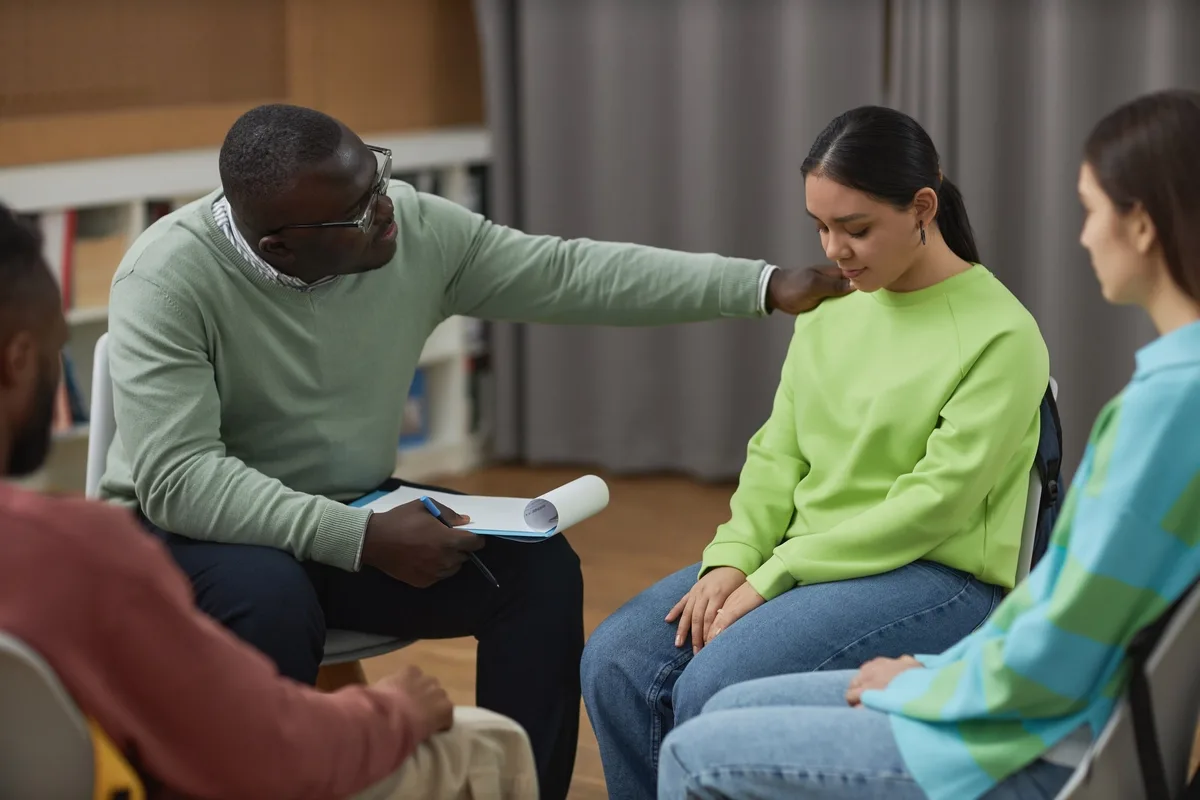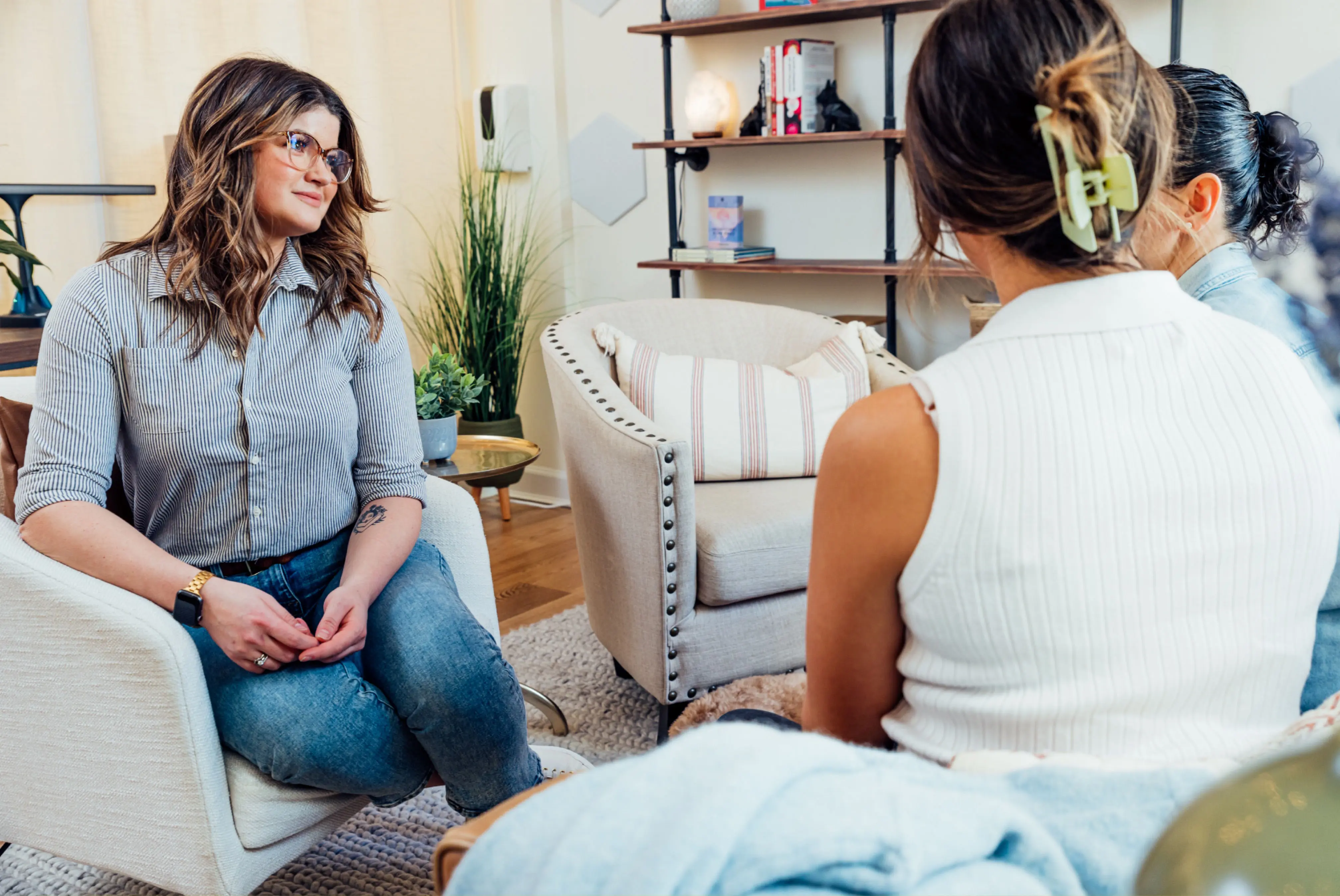24/7 Helpline:
(866) 899-111424/7 Helpline:
(866) 899-1114
Learn more about Couples Rehab centers in Highlands























































Other Insurance Options

Horizon Healthcare Service

Sutter

AllWell

Carleon

Self-pay options

Holman Group

BHS | Behavioral Health Systems

Magellan

UMR

Amerigroup

Health Partners

Optima

Health Choice

UnitedHealth Group

Multiplan

Ambetter

Medical Mutual of Ohio

Lucent

Optum

PHCS Network